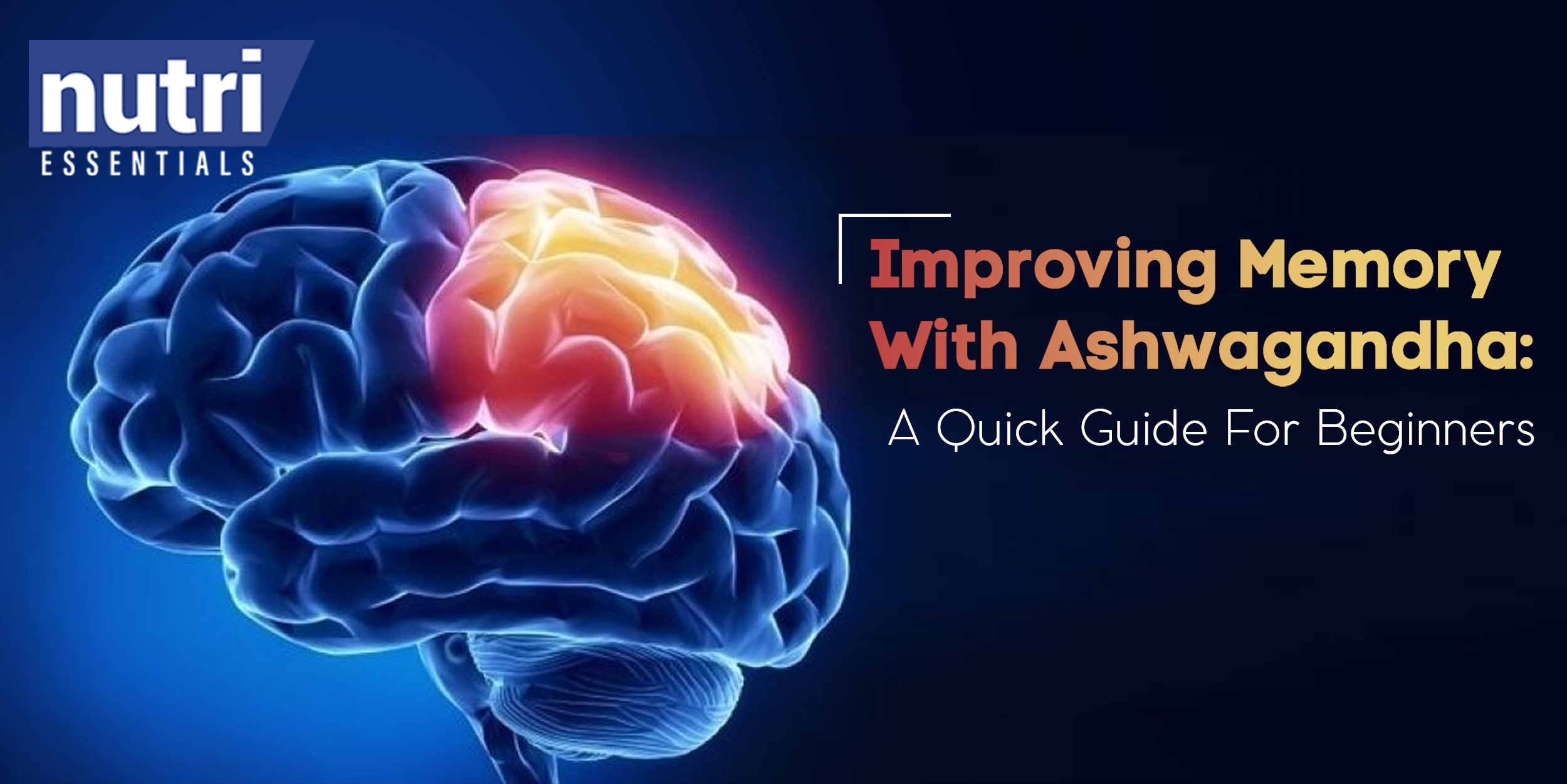Quality products for you & your family to stay ahead in life.

Ashwagandha has the potential to reduce stress levels and promote balance in your body. Let's study why one should opt for the same, especially when it helps to improve brain functioning and boosts memory power.
Ashwagandha is an herb that has been used in Ayurvedic medicine for thousands of years. In Sanskrit, the word "ashwa" means "horse," while "gandha" means "smell." When joint together, they portray "the smell and strength of a horse which somewhere reflects its use to support vitality and a healthy libido. It gives power too.
In Ayurveda, Ashwagandha is a chemical or a plant that promotes prolonged existence, energy, and happiness. When given to small children and the elderly as a tonic has supported the overall well-being. It has a bitter taste which is enhanced by adding honey, ghee, milk etc. It relaxes a person and treats stress.
Studies have shown that Ashwagandha improves learning and memory. It s been recognized as a brain booster and remedy for forgetfulness.
Studies showed that Ashwagandha might mitigate memory and brain function problems caused by injury or disease. Examinations have shown that it endorses antioxidant activity that guards nerve cells against harmful free radicals. Although not much research is available to ensure that Ashwagandha has traditionally been used to boost memory in Ayurvedic medicine, it is still believed.
Under an observation where a person consumed this herb daily has reported a remarkable improvement in their reaction time and task performance.
Other studies reveal that regular ingestion of the herb significantly improved general memory, task performance, and attention.
Summary
Ashwagandha may help improve cognition, remembrance and the capability to carry out motor responses after instruction. Small studies have found that, compared to a placebo, Ashwagandha significantly improved participants' reaction times during cognition and psychomotor tests, which measure the ability to respond to instructions and perform an indicated action.

